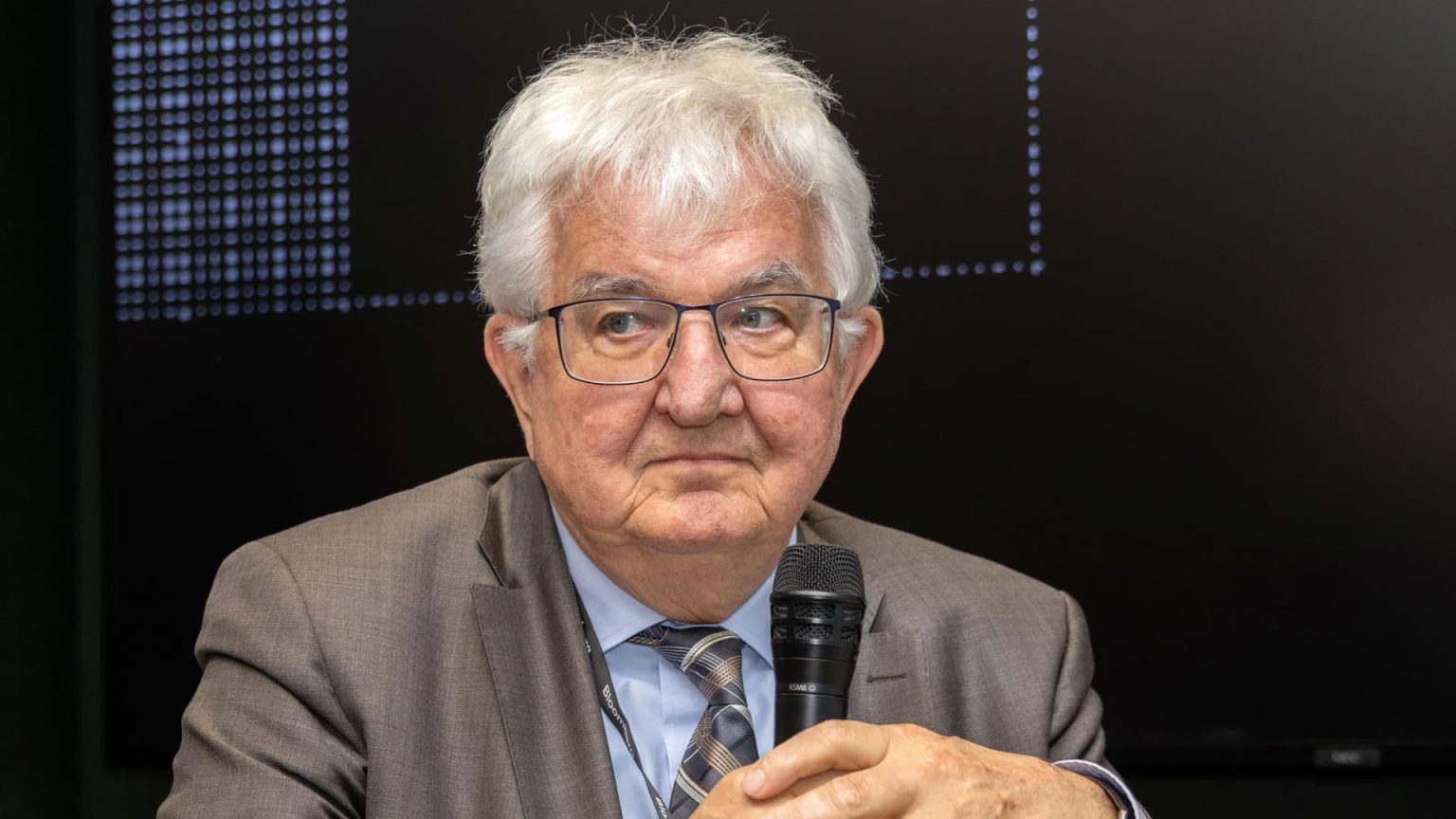Tensions in the Middle East are seen as the biggest threat to a prospective interest rate cut from the European Central Bank, according to ECB policymaker Robert Holzmann. He highlighted the potential impact of geopolitical events on energy prices and inflation. Holzmann’s concerns were echoed by ECB policymaker Olli Rehn, who also pointed to risks stemming from conflicts in the Middle East and Eastern Europe. The recent escalation of tensions between Israel and Iran has added to the uncertainty in the region, with world leaders calling for restraint in response to Iran’s air attack on Israel.
Despite concerns about geopolitical risks, oil prices have been falling due to demand concerns outweighing potential supply disruptions. International benchmark Brent crude futures and U.S. West Texas Intermediate futures were both lower on Wednesday afternoon in London. The decline in oil prices reflects ongoing uncertainty and volatility in the market, driven by a combination of geopolitical tensions and demand factors. This situation poses a challenge for central banks like the ECB in managing inflation and monetary policy decisions.
ECB President Christine Lagarde indicated on Tuesday that the central bank was moving closer to a rate reduction, emphasizing the need to build confidence in the disinflationary process. Lagarde mentioned that the ECB would likely moderate its restrictive monetary policy in the absence of any major shocks or surprises. Economists are now eyeing June as a potential month for rate cuts to begin. ECB policymaker Mario Centeno reiterated the importance of data dependence in the central bank’s decision-making process, emphasizing the need for a response that is consistent with the recovery of the euro area economy.
The ECB left its policy unchanged at its recent meeting but signaled that cooling inflation could lead to a moderation of rates in the near future. The central bank indicated a willingness to lower its deposit rate if inflation continues to fall towards its 2% target in a sustained manner. This shift in language suggests that the ECB is preparing for potential rate cuts in response to changing economic conditions. Despite this, investors have reduced their expectations for Federal Reserve rate cuts, highlighting the differing approaches of central banks in Europe and the United States to monetary policy.
Holzmann, known for his conservative views, has cautioned against rushing interest rate cuts, stressing the importance of carefully considering all factors before making any decisions. His concerns about the impact of geopolitical events on energy prices and inflation reflect the complex challenges facing central banks in an uncertain global environment. The ECB’s decision-making process will be closely watched in the coming months as policymakers navigate the delicate balance between supporting economic recovery and managing inflation pressures. Ultimately, the potential for rate cuts will depend on a range of factors, including geopolitical developments and economic data.


